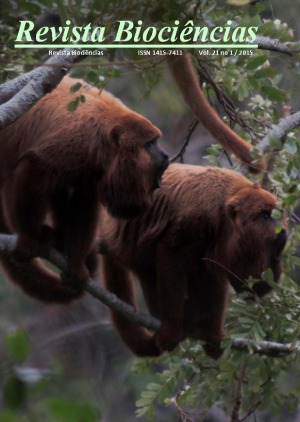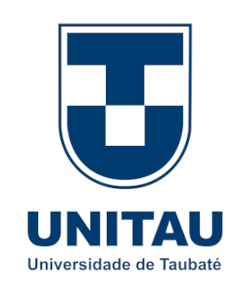Evaluation of mucociliary transport in trachea of guinea pigs chemically thyroidectomized challenged and sensitized to ovoalbumin
Keywords:
transporte mucociliar, asma, hipotireoidismo.Abstract
This study was conducted to measure the mucociliary transport in trachea of guinea pigs thyroidectomy chemically sensitized and challenged to ovalbumin. The thyroidectomy was realized by administration of propylthiouracil in the drinking water for a period of six weeks. The animals were actively sensitized by intraperitoneal injections of ovalbumin, and utilized 21 to 50 days after sensitization. In the challenged group two sessions of inhalation of 15 minutes (1 mg/mL and 5 mg/mL) 24 hours before the experiments. For this, the animals were anesthetized and fixed in supine position, injected two microliters of a gelatinous solution in the trachea of the animals and after 2 minutes, the trachea was opened and measured the mucociliary transport with a caliper. In the control group (naïve) the guinea pigs showed a mucociliary clearance of 0.68 ± 0.07 cm, sensitized 0.72 ± 0.12 cm and challenged 0.26 ± 0.06 cm, (p < 0.01; challenged vs. naive group). In the thyroidectomized group the naïve guinea pigs presented an mucociliary clearance of 1.31 ± 0.15 cm, sensitized 0.33 ± 0.03 cm and challenged 0.21 ± 0.03 cm (p < 0.05; challenged vs. sensitized and naive groups). We conclude that chemical thyroidectomy did not favor a interference in the mucociliary transport of animals sensitized or challenged.






